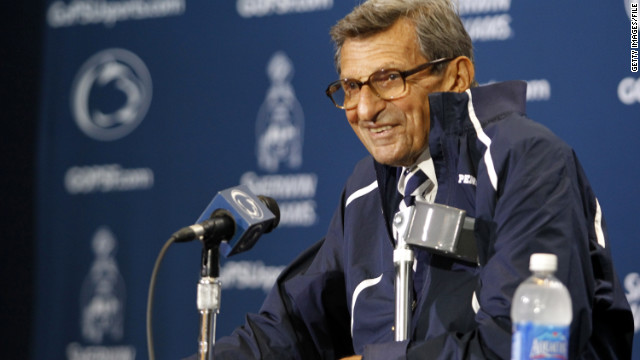

One day he called up and said, “If you know somebody wants to be a music lawyer, there’s gonna be an opening here - I’m quitting.” I knew some of the people there because I’d gone to law school with them, I applied and several months later, they said, “Well, we couldn’t find anybody better.” So my current partner, Howard King, was working in the music department at at Manatt, Phelps & Phillips and wasn’t enjoying it in the least. But doing dog-bite cases, probate and DWI was really not very interesting. So I could fake my way through pretty much everything. No, no, I started my own law firm and I did whatever walked in the door: dog-bite cases, probate, DWI, whatever, which it turned out was actually good background training for being a music lawyer.īecause as a music lawyer, your clients just look at you as a lawyer - they don’t realize there’s aspects of the law you know nothing about. I felt like maybe big law was not the place for me.ĭid you start off working in music at your firm?

So he said, “Why wouldn’t you do something that would prepare you more properly, like law review?” And I went, “Yeah, well, I walk past the Law Review office every day on the way to my classes, and those guys are some of the biggest jerks on the planet.” He looked at me and said, “I was the editor of the UCLA Law Review in 1966” - and by the time I got home they had messengered my rejection letter.

I recall one of the interviews where the guy said to me, “What have you done in extracurricular activities that would qualify you for a future as a lawyer?” I said I’d run the speaker’s program for UCLA law school, I was student bar president - and I can see where he’s going. But I went to the Department of Housing and Urban Development and the State Energy Commission for my summer jobs. The idea of working for a corporate firm didn’t totally appeal to me - I’d done summer clerkships mostly and, you know, real law students would go to real life law firms and get real summer internships. Why did you decide to start your own law firm out of college instead of joining an established one? Yeah! I walked into law school on my first day and I went home thinking, “I’m smarter than these people - this is great!,” after having felt like a stepchild for four years. Nearly every lawyer says law school was the worst time of their lives - it was actually easier for you than being a mathematician? I realized I was never going to be the world’s greatest mathematician, so I decided, maybe I should find someplace where I could be as smart as the other people, and law school seemed like an appropriate avenue. In my senior year, there’s this fellowship that you apply for if you’re a mathematician and you’re going on to do graduate work - and six of the top mathematicians in the United States were in my class. I went to school at Harvey Mudd College, where the people were incredibly smart. What in your background led you to law school and music? in mathematics 1973), and University of California at Los Angeles (J.D. in mathematics, then the University of Hawaii (M.A. Paterno graduated with distinction from Harvey Mudd College in 1972 with B.S. He is also intimately involved in the formation, purchase and sale of numerous entertainment companies ranging from production, publishing, recording and film companies to merchandise and consumer electronic enterprises” - that would be Beats by Dre and its streaming service, which became Apple Music. Apart from a stint as CEO of Disney’s Hollywood Records in the early 1990s, he’s been at it ever since: according to his bio, he has “nurtured the careers of dozens of multi-platinum recording artists, structuring, negotiating and documenting the myriad of agreements required by successful artists.
#PETER PATTERNO SOFTWARE#
Paterno came to the music industry on a unique path - trained as a mathematician, he left a job writing software for NASA in order to attend law school. “I applaud ELI’s Executive Committee for recognizing a leader whose expertise has helped countless artists succeed in their careers and who has supported the music industry through eras of change.” “Peter’s longtime commitment to the music business and his ability to confidently navigate the intricacies of our industry make him an outstanding recipient of the ELI Service Award for this year’s 25th anniversary event,” said Neil Crilly, managing director of industry leader engagement & chapter operations at the Recording Academy. It’s no surprise that the Recording Academy Entertainment Law Initiative is honoring Paterno, partner at King, Holmes, Paterno & Soriano, with its 2023 Entertainment Law Initiative Service Award, presented each year to an attorney who has demonstrated a commitment to advancing and supporting the music community through service.


 0 kommentar(er)
0 kommentar(er)
